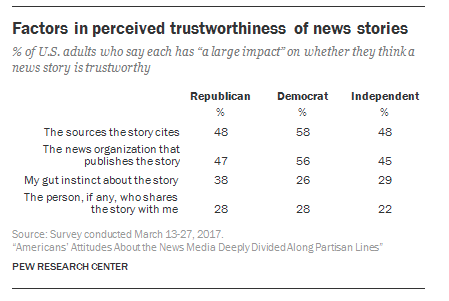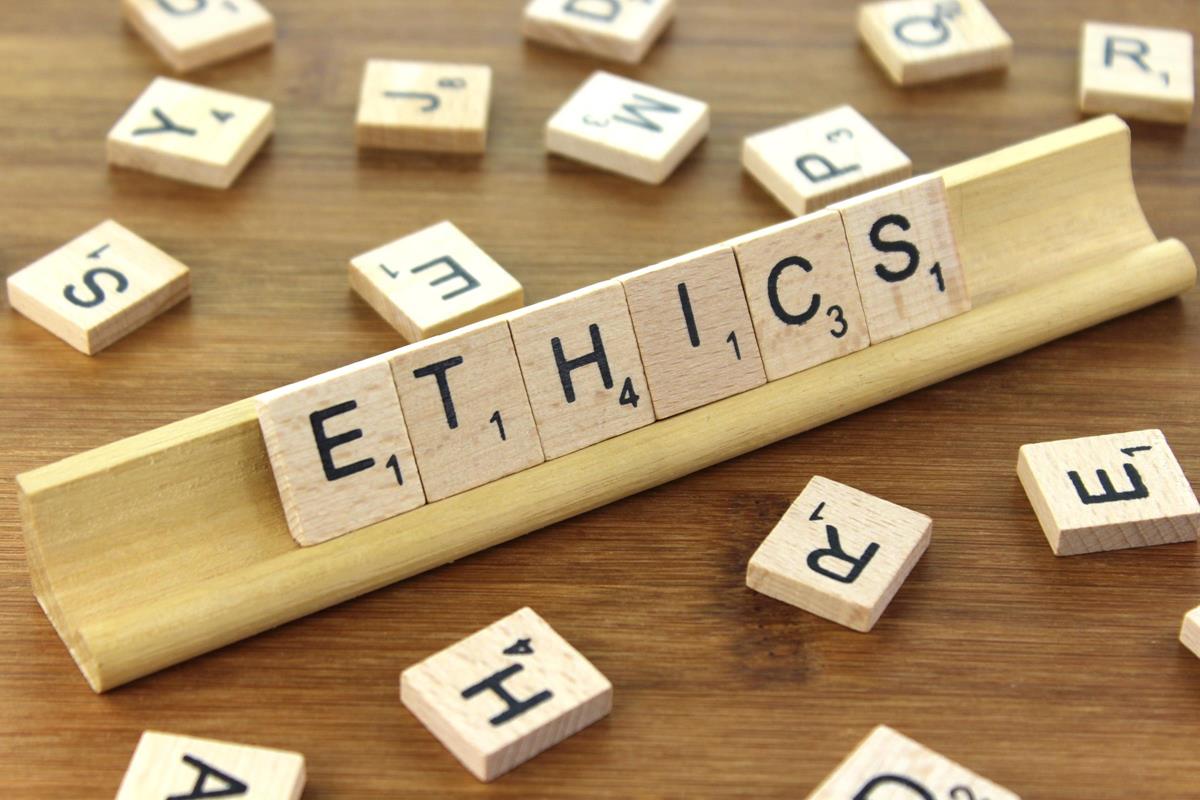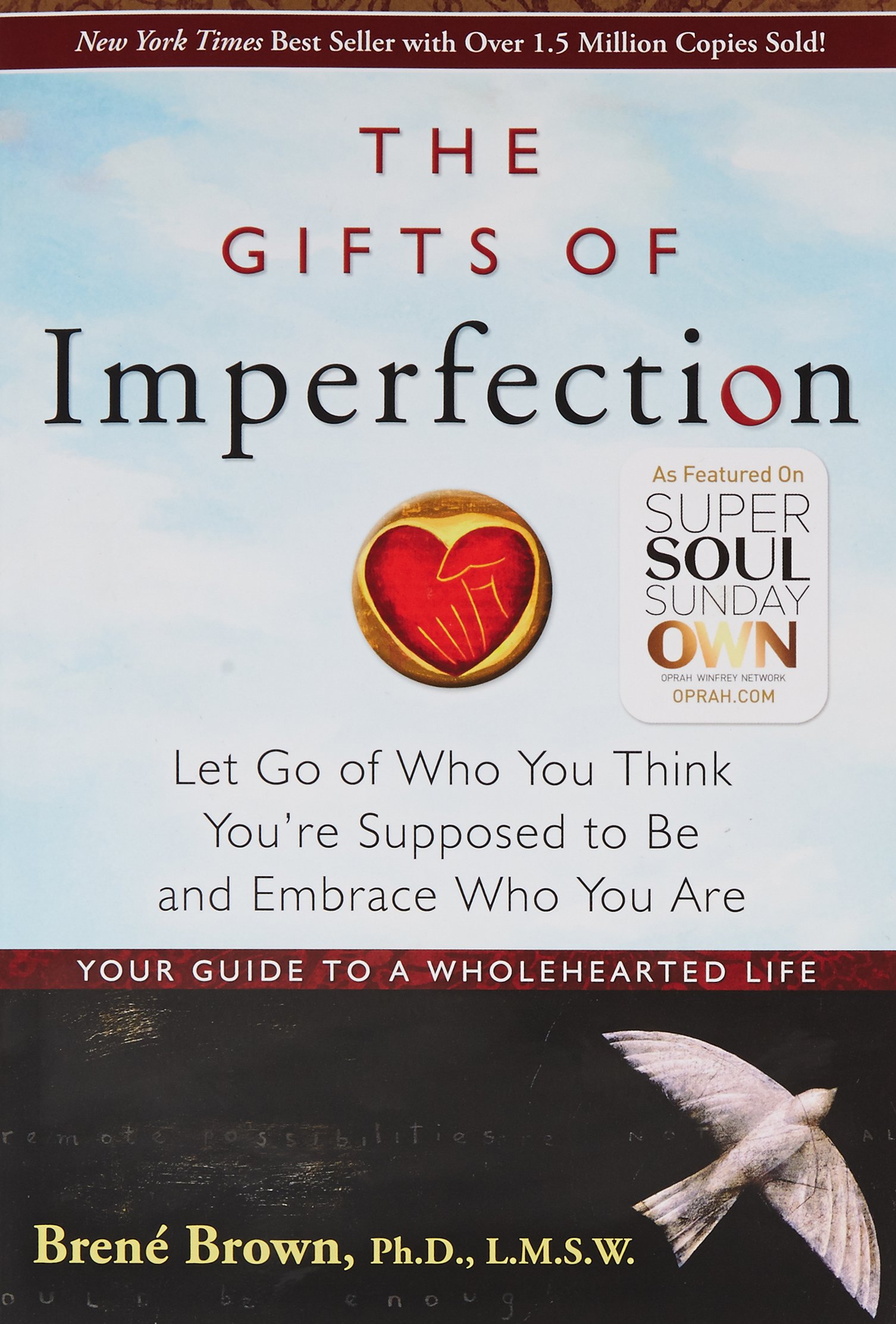I will always remember the moment my mother caught me in a lie and, with a solemn expression, she soul-crushingly quoted Friedrich Nietzsche to me, saying: “I’m not upset that you lied to me. I’m upset that from now on, I can’t believe you.”
Now, the lie was really an insignificant and stupid fib that most 7-year-olds would try out on their parents. Nonetheless, it was not the truth. Hearing my own mother say that her trust in me was gone—that I needed to demonstrate a change in character and that restoring her faith in me would be a slow process—was devastating beyond belief.
However, by her removing the meaninglessness from my actions, she taught me the greater lesson (and pain) of trying to repair trust once it has been broken.
It’s a very difficult thing to do, and even if successful, trust can never be fully restored. It’s like piecing together shattered glass—it can be possible, but the chips and cracks still show.
Trust is fundamental to journalism, and as a young professional entering the workforce, I couldn’t be more grateful for having learned the importance of earning and maintaining someone’s confidence at an early age.
Regardless of where I am working or who my employers may be, there are fundamental values that I’m intrinsically motivated to adhere to. While really, they are just behavioral guidelines for how I want to be as a human-being, there is one value that stands immovable at the top of my “ethics code”.
Honesty.
Both in my professional and personal life, there is nothing I appreciate more than the ability to be transparent. Candor and kindness fused together become a type of confidence that personally, I hold in the highest regard. Being upfront and via conversation, working through any disagreement or sense of discomfort is what I believe to be the best way of understanding others as well as yourself.
The American Press Association says the first obligation of journalism is to the truth.
In journalism, the process of telling (and verifying) the truth comes during the reporting process. Being impartial or objective is not necessarily a principle of journalism, because there are people behind every decision—and everyone has inescapable biases. What story should be told? What is or is not published? Who are the sources? These are all determined by people with singular experiences and unique perspectives.

However, honesty exists in the practice of journalism. Objectivity and neutrality are impossible for humans to achieve, but by doing things such as actively seeking multiple sources, approaching many sides of an issue, and disclosing as much information as possible—this is how trust can be formed.
In today’s society where nearly everyone and their child will readily accuse the media of being “fake news,” more than ever it is imperative that not only newsrooms but also our “individual ethics codes” focus on honesty.
SaveSave


